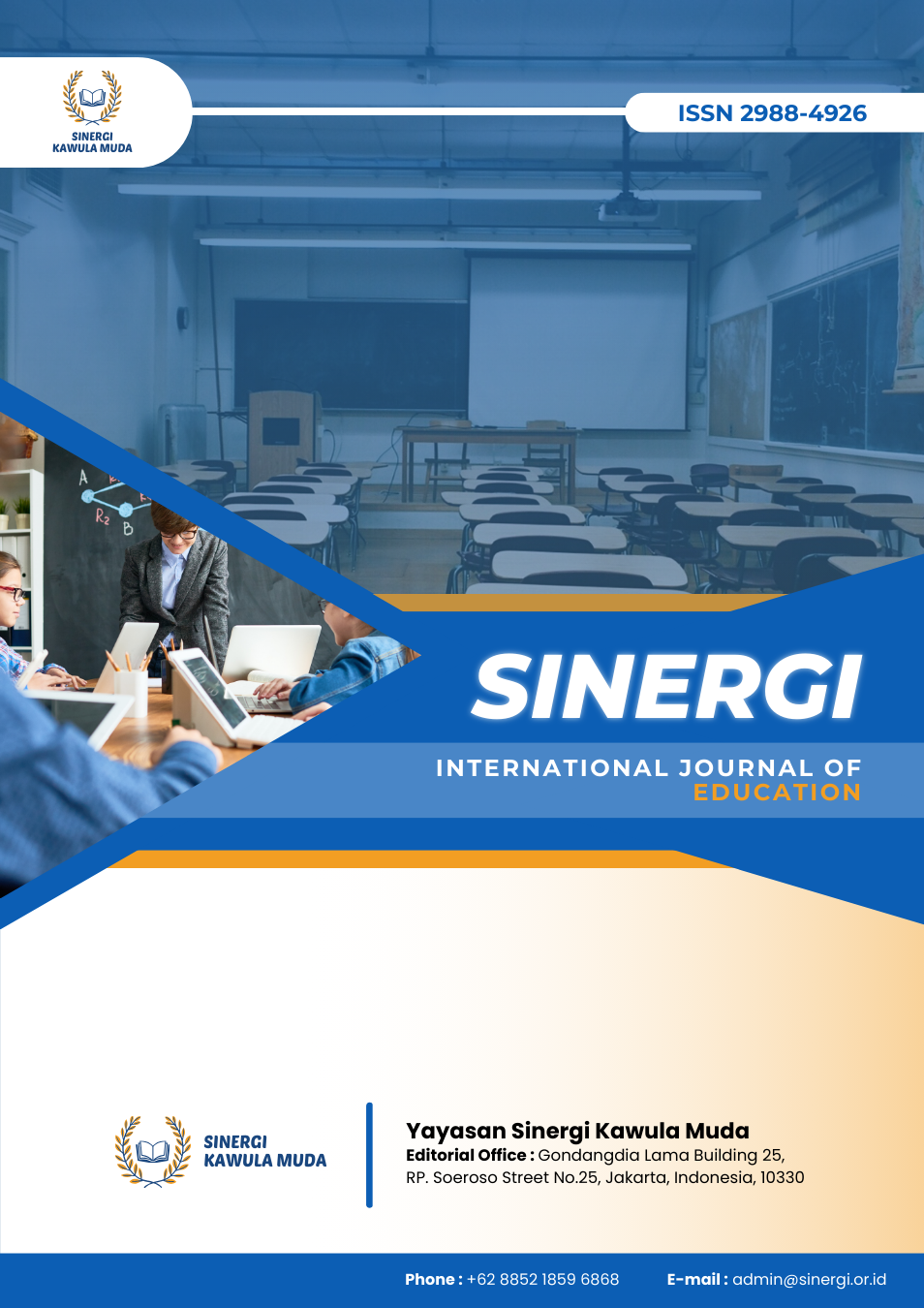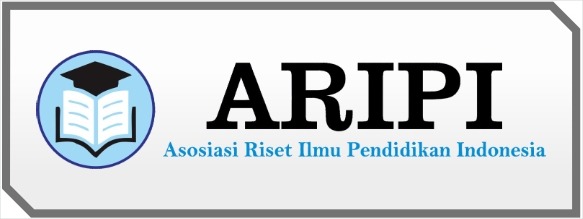Inclusive Policy Design for Transformative Education: A Global Synthesis of Teacher Identity Formation in Resource-Constrained Contexts
DOI:
https://doi.org/10.61194/education.v3i2.703Keywords:
Education Policy, Teacher Identity, Social Structure, Cultural Values, Educational Innovation, Digital Infrastructure, Inclusive EducationAbstract
This study explores how teacher professional identity and autonomy evolve within global education systems undergoing sociopolitical, cultural, and technological change. Anchored in the Critical Agency Framework, the study synthesizes recent empirical and theoretical research to examine how policy structures, cultural norms, and digital infrastructure shape teacher agency. It highlights how teachers navigate professional expectations within centralized systems, community traditions, and resource disparities. This study employed a hybrid approach integrating systematic review protocols with narrative synthesis. Academic sources were retrieved from Scopus, PubMed, and Google Scholar using structured searches and citation tracking. Peer-reviewed studies were selected for relevance to teacher identity and autonomy, covering diverse contexts including Mexico, Vietnam, China, and Finland. The findings highlight the necessity of integrated policy approaches that treat teachers as co-constructors of reform and recognize the socio-cultural and infrastructural contexts in which they operate. Effective educational change depends not only on institutional mandates but on authentic collaboration, cultural responsiveness, and investments in teacher capacity. This study contributes to the literature by offering a global, multi-layered analysis of how systemic structures shape the lived professional experiences of teachers. It underscores the importance of moving beyond one-size-fits-all policy frameworks and calls for adaptive, inclusive, and equity-driven reforms.
References
Bracho, C. (2019). “Rejecting the universal to protect the local:” Oaxacan teachers battle against global education reforms. Politics & Policy, 47(1), 152–177. https://doi.org/10.1111/polp.12285 DOI: https://doi.org/10.1111/polp.12285
Browes, N. and Altinyelken, H. (2022). Professionalism in the era of accountability: Role discrepancy and responses among teachers in the Netherlands. British Journal of Sociology, 73(1), 188-205. https://doi.org/10.1111/1468-4446.12917 DOI: https://doi.org/10.1111/1468-4446.12917
Day, C., Simpson, A., Li, Q., Bi, Y., & He, F. (2023). Teacher professionalism: Chinese teachers' perspectives. Journal of Professional Capital and Community, 8(2), 65-89. https://doi.org/10.1108/jpcc-01-2022-0004 DOI: https://doi.org/10.1108/JPCC-01-2022-0004
Gu, M. & Lai, C. (2019). An ethical analysis of how ESL teachers construct their professional identities through information technology in teaching. British Educational Research Journal, 45(5), 918–937. https://doi.org/10.1002/berj.3531 DOI: https://doi.org/10.1002/berj.3531
King, H. and Nomikou, E. (2017). Fostering critical teacher agency: The impact of a science capital pedagogical approach. Pedagogy Culture and Society, 26(1), 87-103. https://doi.org/10.1080/14681366.2017.1353539 DOI: https://doi.org/10.1080/14681366.2017.1353539
Lo, N. and To, B. (2023). To learn or not to learn: Perceptions towards continuing professional development (CPD) and self-identity among English language teachers during the COVID-19 pandemic. SN Computer Science, 4(3). https://doi.org/10.1007/s42979-023-01779-0 DOI: https://doi.org/10.1007/s42979-023-01779-0
Nazari, M., Costa, P., & Karimpour, S. (2023). The role of institutional policy in English language teacher autonomy, agency, and identity: A poststructural perspective. Language Teaching Research. https://doi.org/10.1177/13621688221143476 DOI: https://doi.org/10.1177/13621688221143476
Scott, H., Ujvari, M., & Smith, M. (2024). “Our identity is our dignity”: Digital transformations: Palestinian aspirations, idealism, reality and pragmatism. Education as Change, 28. https://doi.org/10.25159/1947-9417/13828 DOI: https://doi.org/10.25159/1947-9417/13828
Soares, F., Resende, C., & Oliveira, L. (2023). A medicina tatuada: Relação entre marcas corporais e identidade profissional. New Trends in Qualitative Research, 17, e822. https://doi.org/10.36367/ntqr.17.2023.e822 DOI: https://doi.org/10.36367/ntqr.17.2023.e822
Sternszus, R., Boudreau, J., Cruess, R., Cruess, S., Macdonald, M., & Steinert, Y. (2020). Clinical teachers’ perceptions of their role in professional identity formation. Academic Medicine, 95(10), 1594-1599. https://doi.org/10.1097/acm.0000000000003369 DOI: https://doi.org/10.1097/ACM.0000000000003369
Tynjälä, P., Pennanen, M., Markkanen, I., & Heikkinen, H. (2019). Finnish model of peer-group mentoring: Review of research. Annals of the New York Academy of Sciences, 1483(1), 208-223. https://doi.org/10.1111/nyas.14296 DOI: https://doi.org/10.1111/nyas.14296
Vu, M. (2020). Between two worlds? Research engagement dilemmas of university English language teachers in Vietnam. RELC Journal, 52(3), 574–587. https://doi.org/10.1177/0033688219884782 DOI: https://doi.org/10.1177/0033688219884782
Wallace, C. and Brooks, L. (2014). Learning to teach elementary science in an experiential, informal context: Culture, learning, and identity. Science Education, 99(1), 174-198. https://doi.org/10.1002/sce.21138 DOI: https://doi.org/10.1002/sce.21138
Washburn, N., Richards, K., & Sinelnikov, O. (2019). The development of US physical education teachers’ motivating styles: A socialization perspective. European Physical Education Review, 26(2), 495-514. https://doi.org/10.1177/1356336x19873355 DOI: https://doi.org/10.1177/1356336X19873355
Watters, J. and Diezmann, C. (2015). Challenges confronting career-changing beginning teachers: A qualitative study of professional scientists becoming science teachers. Journal of Science Teacher Education, 26(2), 163-192. https://doi.org/10.1007/s10972-014-9413-0 DOI: https://doi.org/10.1007/s10972-014-9413-0
Heineke, A. and Vera, E. (2021). Beyond language and academics: investigating teachers’ preparation to promote the social-emotional well-being of emergent bilingual learners. Journal of Teacher Education, 73(2), 145-158. https://doi.org/10.1177/00224871211027573 DOI: https://doi.org/10.1177/00224871211027573
Jennings, P., Jeon, L., & Roberts, A. (2020). Introduction to the special issue on early care and education professionals’ social and emotional well-being. Early Education and Development, 31(7), 933-939. https://doi.org/10.1080/10409289.2020.1809895 DOI: https://doi.org/10.1080/10409289.2020.1809895
Portillo, J., Ruíz, U., Garitano, E., & Quintana, N. (2020). Self-perception of educators' digital competence during the COVID-19 pandemic: a cross-analysis of different educational stages. Sustainability, 12(23), 10128. https://doi.org/10.3390/su122310128 DOI: https://doi.org/10.3390/su122310128
Twining, P., Raffaghelli, J., Albion, P., & Knezek, D. (2013). Moving education into the digital age: teachers' professional development contribution. Journal of Computer Assisted Learning, 29(5), 426-437. https://doi.org/10.1111/jcal.12031 DOI: https://doi.org/10.1111/jcal.12031
Usart, M., Cantabrana, J., & Cervera, M. (2020). Validation of a tool for self-evaluating teacher digital competence. Educación XX1, 24(1). https://doi.org/10.5944/educxx1.27080 DOI: https://doi.org/10.5944/educxx1.27080






